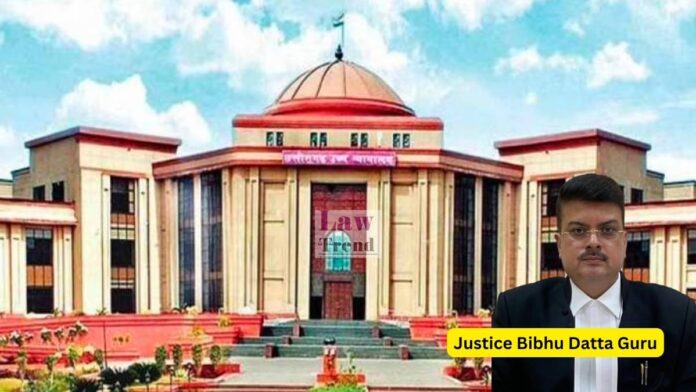The High Court of Chhattisgarh, in a significant ruling, has acquitted a man convicted of wrongfully confining a kidnapped person, holding that the prosecution must prove beyond a reasonable doubt that the accused had explicit knowledge of the kidnapping. Justice Bibhu Datta Guru allowed the appeal filed by Pankaj Ram, setting aside the judgment of
To Read More Please Subscribe to VIP Membership for Unlimited Access to All the Articles, Download Available Copies of Judgments/Order, Acess to Central/State Bare Acts, Advertisement Free Content, Access to More than 4000 Legal Drafts( Readymade Editable Formats of Suits, Petitions, Writs, Legal Notices, Divorce Petitions, 138 Notices, Bail Applications etc.) in Hindi and English.




